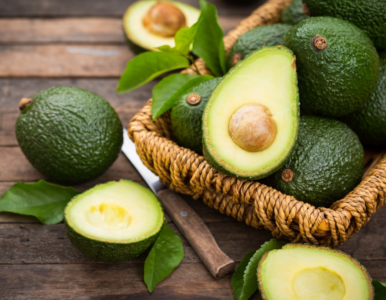Despite being popular around the world and in many cultures, breastfeeding is a controversial topic where women are concerned. It’s natural to be somewhat skeptical of a woman producing milk without being pregnant, but there are several factors that will be addressed that make it possible. This is not a discussion on the nutritional and health benefits of breast milk or how breastfeeding helps a baby regulate body temperature – although those aspects will be briefly covered.
It can be hard to know if a woman can produce milk without being pregnant. A woman’s milk production is affected by several factors, including progesterone, Estrogen, and Prolactin. Some women may be able to produce enough milk for their baby right away. Others may need to provide supplemental milk for a long time.

During pregnancy, progesterone
Progesterone is a natural hormone produced in the ovaries after a woman ovulates each month. It helps a woman regulate her menstrual cycle and prepares her uterus for implantation of a fertilized egg. The hormone can also cause GI problems, including indigestion, heartburn, bloating, and constipation.
Estrogen
In women who are not yet pregnant, the use of estrogen supplements can help them produce milk without being pregnant. However, there are certain side effects, including rebound lactation and postpartum thromboembolic disease. If you’re unsure if estrogen is right for you, talk to your doctor.
Prolactin
Prolactin is a hormone produced in the mammary glands and is essential for milk production in both women and infants. It helps the woman transition into motherhood and promotes the development of the immune system in the child. Low levels of prolactin can lead to difficulties in breastfeeding and undermine the bonding experience between mother and child. However, prolactin supplementation can help the body produce enough of this hormone to make milk.
Pituitary gland tumors
If a woman’s milk production is caused by a tumor in her pituitary gland, she may not be pregnant. Although this is rare, it can happen. This condition is known as a prolactinoma and affects the production of a hormone called prolactin. Normally, prolactin is a hormone that promotes lactation in women. However, in healthy men, the hormone has no known function. Prolactin stimulates breast milk production during pregnancy and during nursing, when prolactin levels rise.
Stress
It may seem counterintuitive, but stress can affect milk production, even if it isn’t directly related to being pregnant. Stress can affect a woman’s eating and drinking habits, which may affect the amount of milk she produces. Additionally, maternal illnesses and prescribed medications can lead to stress, which can affect lactation.
Premature birth
Breast milk from a woman who has not been pregnant can help a premature baby develop. It provides antibodies and other essential nutrients for the baby’s growth. It also protects the newborn from infections and other illnesses. Compared to milk produced by pregnant women, milk from a premature mother will have a higher protein content, which is helpful for the baby’s development.

Stress after childbirth
The experience of childbirth is an empowering and wonderful time, but it can also be stressful, resulting in a range of mental and physical health problems. Women can experience fear, anxiety, pain, and loss of control, and some may even develop post-traumatic stress disorder (PTSD). This disorder can cause intense emotional distress and can even lead to depression.
Conditions that affect milk production
A woman’s milk supply is affected by several different conditions. These can include untreated medical problems, stress, or exhaustion. There are ways to increase milk production. Taking a nap when your baby is sleeping can help, as can breastfeeding with your feet up or down. Asking for help when you need it can also help.
Can a Woman Produce Milk Without Being Pregnant? Result
The misconception that women can’t produce milk without pregnancy is still very prevalent. Only in the last few years have stories about women around the world successfully breastfeeding for months, even years, after giving birth become increasingly popular. It’s clear that a woman’s ability to produce milk is not limited by her reproductive capability; it’s limited by her body and outside factors. This makes it all the more important for women to try reaching out to lactation consultants to see if there is anything they can do when their bodies don’t start producing enough milk on their own.





